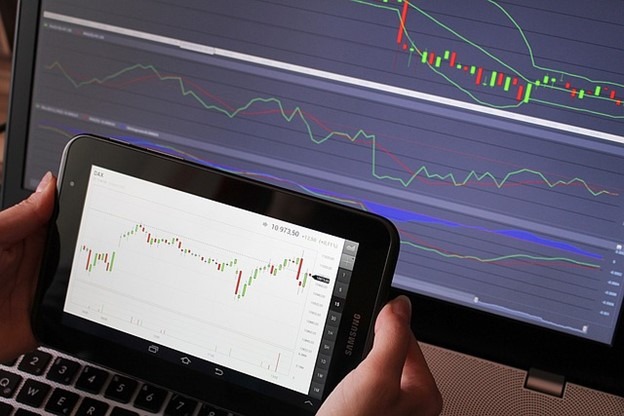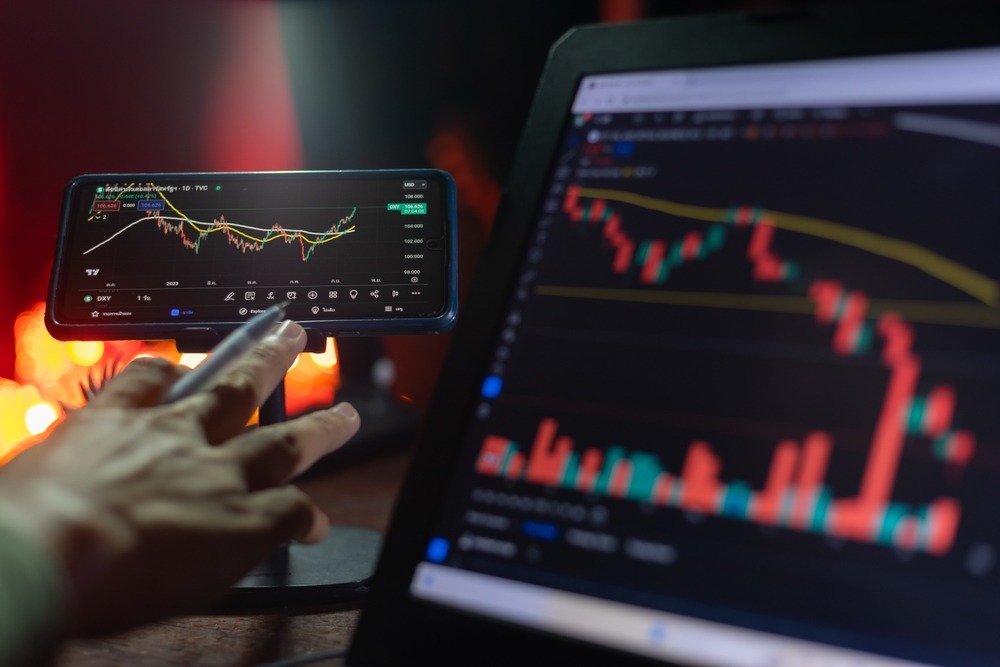At A Glance
- The U.S. dollar index shows bullish momentum, potentially influencing forex pairs.
- EUR/USD dips below 1.0800, possibly further declining to 1.0650 amid weaker German inflation.
- Saudi Energy Minister’s readiness to adjust oil output hints at market sensitivity to geopolitical factors.
- Gold prices consolidate as traders await the U.S. CPI report, indicating market anticipation of inflation data.
- This week, central bank speeches and economic data releases remain focal points for currency traders.
The U.S. dollar index (USDX) remains bullish above the daily SMA 200 point, indicating a strong dollar scenario that could continue. Traders are on the lookout for any signs of interest rate cuts by the Fed that could alter this trend. Meanwhile, the EUR/USD pair has experienced a decline below the 1.0800 mark and could see further weakening toward 1.0650. This movement comes in the wake of confirmed weaker German inflation and the European Central Bank’s ongoing challenges.
Commodity Currencies and Oil Market Dynamics
In the commodities sector, the Saudi Energy Minister’s statement about the flexibility to adjust oil output as market conditions necessitate reflects the ongoing volatility in oil prices and its impact on commodity-linked currencies. This ability to modify supply highlights the importance of geopolitical and economic factors in shaping forex market dynamics.
Anticipation in Gold and Inflation Data
Gold’s consolidation phase mirrors the broader market’s anticipation of the upcoming U.S. CPI data. Traditionally seen as an inflation hedge, the forthcoming report could significantly impact gold prices and, by extension, currency valuations, especially for countries heavily invested in gold mining and exports.
Central Banks’ Role This Week
The forex market is also closely monitoring speeches from Federal Reserve officials, including Bowman, Barkin, and Kashkari, for insights into future monetary policy directions. Similarly, European Central Bank speakers, such as Lane, de Cos, and Cipollone, are under scrutiny as traders seek clarity on the ECB’s stance amidst weaker inflation indicators in the Eurozone.
In conclusion, the forex market is influenced by several critical economic indicators, central bank communications, and geopolitical events. Traders are advised to stay informed and agile, ready to adapt their strategies as new information becomes available.















